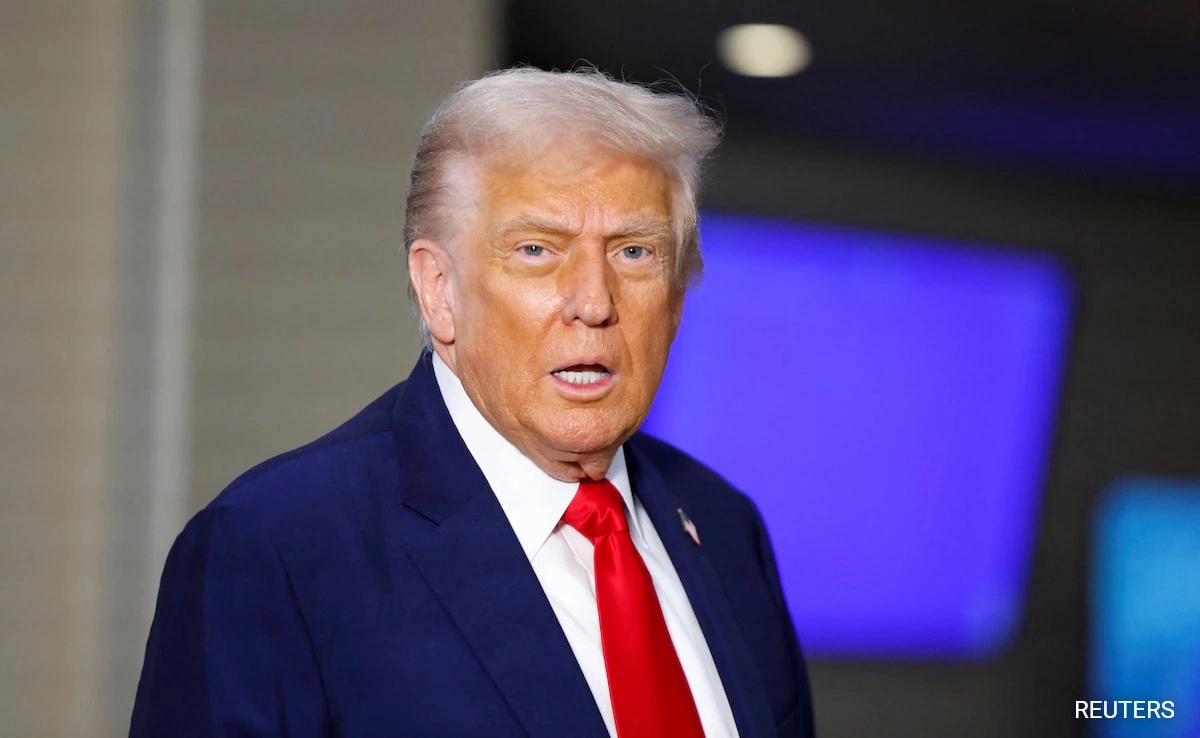The recent announcement of a significant hike in H-1B visa fees has sparked widespread concern and debate among Indian professionals and tech workers. The H-1B visa program, which allows U.S. companies to employ foreign workers in specialty occupations, has long been a pathway for many highly skilled individuals from India seeking opportunities in the United States. However, the increase in fees could potentially deter these talented individuals from pursuing their aspirations in the U.S. job market. For many, the H-1B visa is not just a means of employment but a stepping stone to a brighter future, making the fee hike a contentious issue that could affect the dynamics of global talent migration.
Indian tech workers have expressed feelings of uncertainty and frustration regarding the fee increase. Many see it as a move that could diminish the attractiveness of the U.S. as a destination for skilled labor, especially in the competitive fields of technology and engineering. The heightened financial burden may lead companies to reconsider their reliance on foreign talent, as the increased costs can affect their bottom line and hiring strategies. This scenario raises questions about the future of innovation in the U.S., which has historically thrived on the influx of diverse perspectives and skills from around the world. The fear is that such financial barriers could result in a significant loss of global talent, ultimately impacting the industry’s growth and the overall economy.
Moreover, this fee hike comes at a time when many Indian professionals are already grappling with uncertainties surrounding immigration policies in the U.S. The H-1B visa process is often seen as a complex and lengthy ordeal, and the added financial strain may exacerbate the challenges faced by applicants. Many are now questioning whether the investment in pursuing an H-1B visa is worth the potential return, leading to a reevaluation of career paths. Some may even consider alternative destinations for employment, such as Canada or European countries, which may offer more favorable conditions for skilled migrants.
In response to these developments, there is a growing call for reform in the H-1B visa system, with advocates urging the U.S. government to consider the broader implications of such fee increases. The U.S. has long benefited from the contributions of immigrant talent, particularly from India, which has a rich pool of skilled professionals. As the global economy becomes increasingly interconnected, the ability to attract and retain top talent will be crucial for maintaining competitive advantage. Therefore, it is imperative for policymakers to balance fiscal considerations with the need to foster an inclusive environment that welcomes skilled immigrants, ensuring that the U.S. remains a prime destination for global talent.




